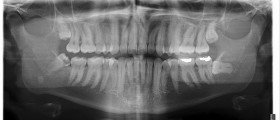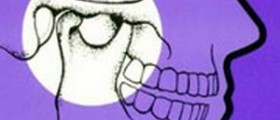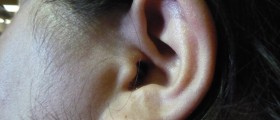I have suffered now for 3 years, have tried antibiotics, nasal sprays, rinses and anti-anxiety medication.
Also have been to see several ENT, Eye Doctors and Neurologists specialists, and cannot find an answer.
Does anyone have an update on this condition?
Loading...
Loading...
After my 3rd scan (2 CTs & 1 MRI) they finally found several fractures in my nose & a deviated septum though frustratingly after local anesthetic & botox injections I am still in the same daily continuous didlscomfort.
Loading...
Loading...
Loading...
Loading...
Loading...
Loading...
Loading...
Loading...
Hi, guest.
If I may. Your experience highlights the complexity and sometimes the frustration that comes with diagnosing and treating chronic conditions.
-
Deviated Septum and Enlarged Inferior Turbinates: These conditions can indeed cause nasal blockage and breathing difficulties, but they don't typically cause facial pain or pressure. It's understandable that you're not convinced this is the sole cause of your symptoms, especially since you don't experience the typical nasal blockage.
-
Neurological Consultation and MRI: The referral to a neurologist and the subsequent MRI seem to be aimed at ruling out or identifying neurological causes for your symptoms. The diagnosis of light migraines could be part of the picture, especially given your history of migraines, but it seems you feel this does not fully explain your symptoms.
-
TMJ and Invisalign Aligners: Temporomandibular Joint Disorders (TMJ) can indeed cause facial pain and pressure, and it's a reasonable avenue to explore, especially with your use of Invisalign. However, the fact that removing the aligners did not alleviate your symptoms suggests there might be other factors at play.
-
Home Remedies and Treatments: Using neti pots, warm compresses, and various medications indicates you're actively trying to manage your symptoms, but the lack of significant relief is understandably frustrating and anxiety-inducing.
Given the complexity of your symptoms and the fact that they don't neatly fit into one diagnosis, it might be beneficial to:
- Consider Multidisciplinary Treatment: Collaborative care involving different specialties (such as ENT, neurology, and perhaps dentistry or a pain specialist) might offer a more holistic approach to your symptoms.
- Explore Other Underlying Causes: Sometimes, less common conditions or even systemic issues can manifest in ways that are initially puzzling.
Hope you will find some answers soon.
Loading...

















